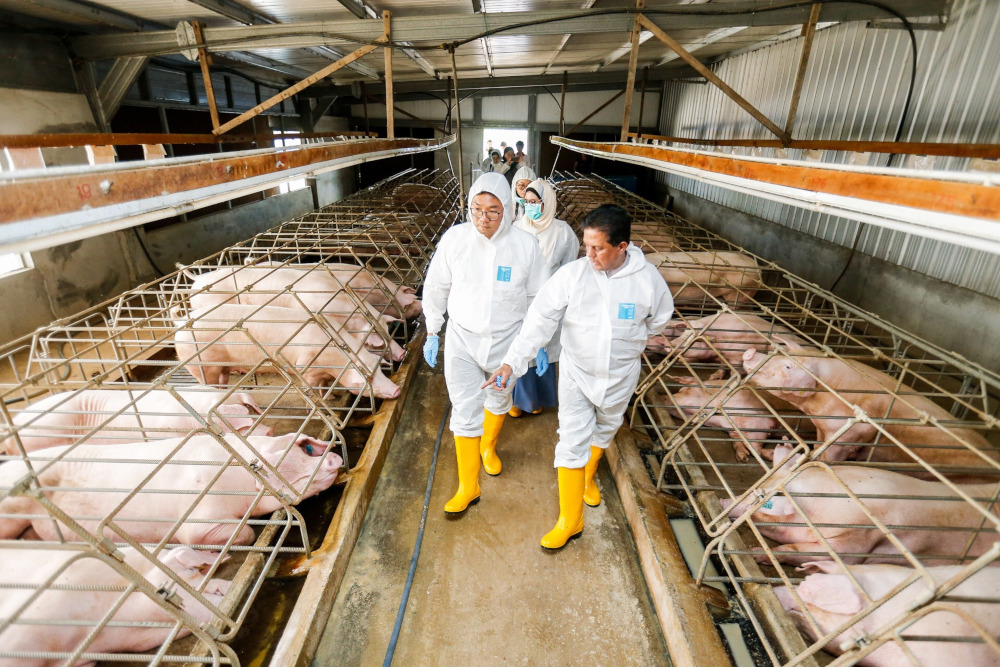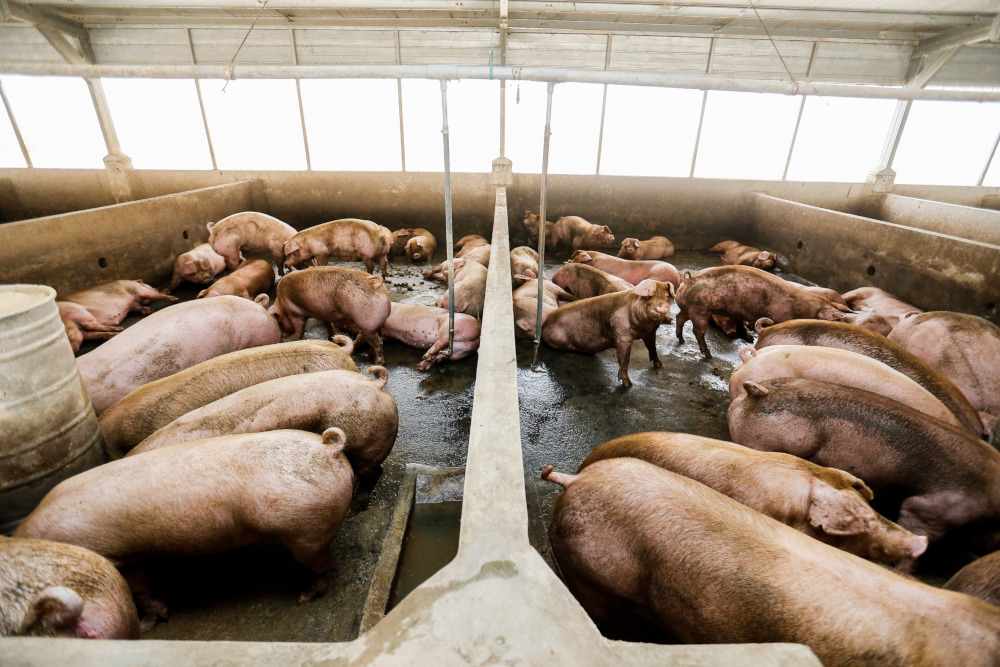The Veterinary Department Has Detected Swine Flu In Malaysian Livestock
The department has, however, said that there is no risk of the virus spreading to humans.
The Department of Veterinary Services (DVS) has detected the swine influenza virus H1N1 (SIV H1N1) in some commercial livestock in Malaysia
Bernama reported that the pig and wild boar blood samples tested positive for the virus, commonly known as the swine flu, in a national surveillance programme.
The department has, however, said that the seropositive pigs showed no symptoms of the disease and are not at risk of spreading the infection to humans.
Malaysia has always been taking various measures to prevent swine flu from entering the country
According to the Centers for Disease Control and Prevention (CDC), the H1N1 virus regularly causes outbreaks of influenza in pigs and its variants, which caused a human pandemic in 2009, still circulates as a seasonal human flu virus and causes illness, hospitalisations, and deaths worldwide every year.
The Agriculture and Food Industries Ministry (MAFI), through the DVS and the Malaysian Quarantine and Inspection Services (MAQIS), has since implemented preventive measures such as monitoring and inspection of livestock at the country's main gateways.
The authorities have also always restricted the importation of pigs and pig products from at-risk countries.
The DVS said awareness campaigns on swine flu have since been launched in all states
The department urged livestock breeders to increase farm biosecurity through preventive measures, such as not visiting infected pig farms.
The swine industry in Malaysia is estimated to be worth RM5 billion, with a livestock population of over 1.7 million pigs being bred on 614 farms and tended by 5,000 workers.
Last month, a study in the United States found a strain of swine flu that has already infected 10.4% of people who work with pigs:

